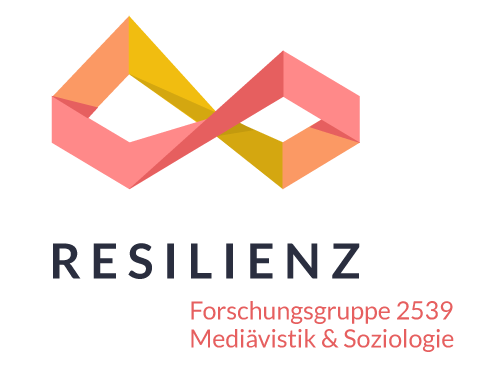This project investigates the options of agency and the resilience strategies of the Jewish minority of Ashkenaz, i.e., in the German Kingdom and the neighbouring areas of settlement of German-speaking Jews, in the face of convulsive phenomena of disruption between the fourteenth and sixteenth centuries. During the first funding period the serious persecutions of 1348–51 and a phase of intensified repression experienced by the Jews of Ashkenaz between c.1380 and c.1420 offered the occasions for two separate studies. In the second funding period we will look at the new round of intensified legal and ideological efforts aimed at excluding Jews and disruptive phenomena from c.1470, in view of the options left to the Jewish families and communities. By the end of the two funding periods we intend to arrive at an assessment as to the influence of mid-term resilience strategies adopted by individuals and collective agents (networking, migration, diplomacy, conversion) on the long-term development in the conditions of Jewish life in Ashkenaz. We will test the hypothesis that resilience processes were changing: Under the cumulating influence of a series of disruptive phenomena, they feature not only coping and adaptation but tended to activate also potentials of transformation. We propose to show that this change can be traced in the relationship between institutions and individual agents. Next to the traditional forms of Jewish life in urban communities, from the late-fifteenth century on we increasingly confront a Jewry that has been described as ‘atomized’ in previous research but which, in fact, is characterize by network-like settlement structures and the activity of strong individual agents, who together shaped the preconditions for a durable formation of ‘rural Jewry’ in a number of important regions. The third study in the framework of the present project is hence concerned with ‘Potentials of Coping, Adaptation, and Transformation in Regional Netoworks’. It will focus on a comparative analysis of three regions in which, at the turn of the Early Modern Period, still featured a substantial number of Jewish settlements: Franconia, the Wetterau, and Alsace. The three have all been appreciated in previous historical research, particularly in view of the favourable structures of lordship. Comparative analysis will allow us to assess the relative importance of individuals, networks, and institutions (communities) in the resilience processes between c.1470 and the mid-sixteenth century, reflected in coping, adaptation, and transformation. Empirical research will thus contribute to a better understanding of the dynamics at work in Ashkenazi-Jewish society and in Christian-Jewish relations at the end of the medieval period, by viewing them as resilience processes.


